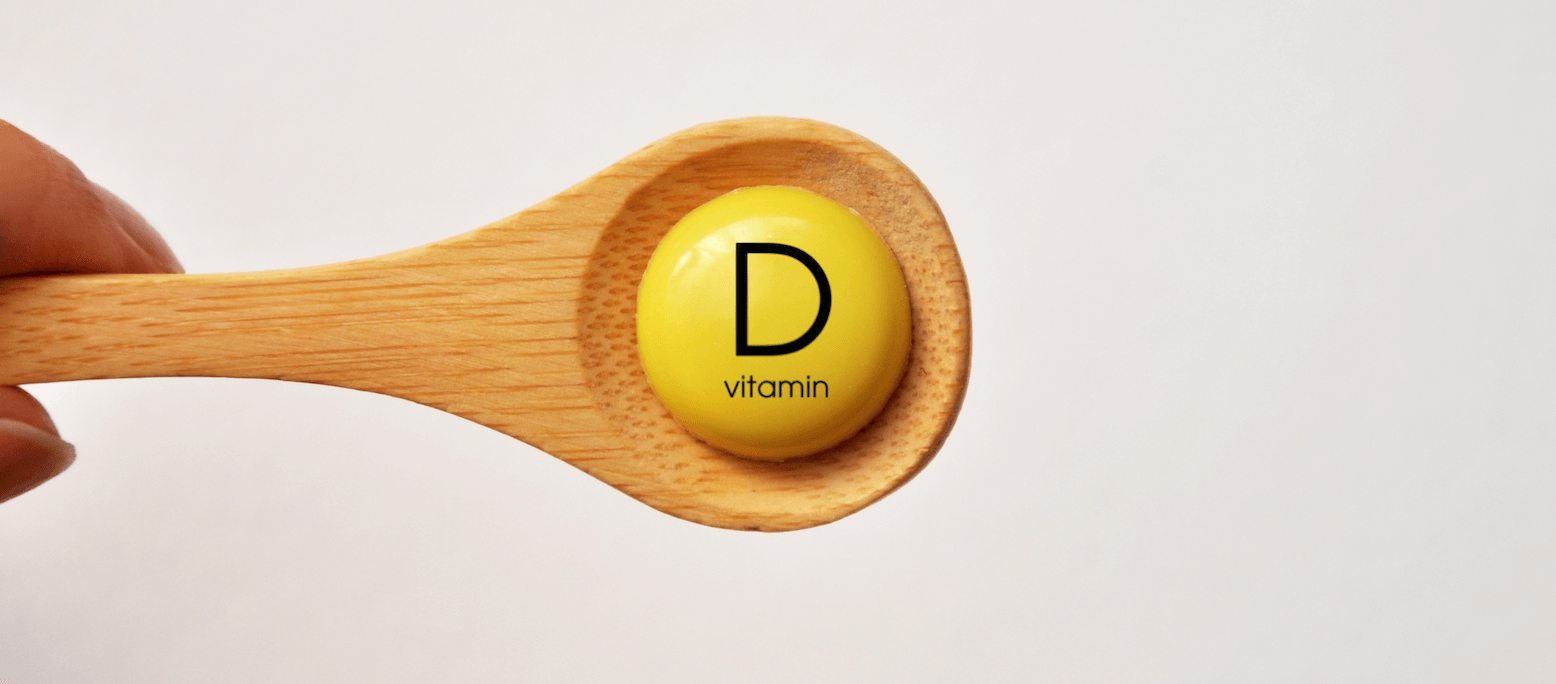Vitamin D is Essential for Good Health
London Dermatology | 1 July 2024
Vitamin D is essential for good health, especially for healthy bones. Inadequate amounts of vitamin D are also associated with an increased prevalence of diabetes (types 1 & 2), hypertension and cardiovascular disease, multiple sclerosis, schizophrenia, tuberculosis, psoriasis, autoimmune disorders, allergy and 16 different types of internal cancer, including colon, breast, ovarian, prostate and pancreatic cancers and lymphoma). Excessive amounts of vitamin D will increase the risk of bone fractures. As with most things in nature, a balance is required.
The UK government advises that all pregnant women and children under 5 years should take 10 micrograms (400 international units) of vitamin D3 each day.
Natural sources of vitamin D are:
- The diet.
- The skin when exposed to sunshine.
Many foods which contain vitamin D have become less popular in recent years. Because of worries about weight, cholesterol, heart disease and strokes, many people wisely try to reduce saturation fat in their diet. Moreover, smoking, obesity and inflammation all lower blood levels of vitamin D.
Although vitamin D can be made in adequate quantities in the skin when it is exposed to sunlight, many people wisely try to limit excessive sun exposure in order to reduce the risk of skin cancer.
It is helpful:
- To eat oily fish twice a week (salmon, trout, mackerel, herrings, pilchards, sardines, fresh (not tinned) tuna)
- To eat liver once a week (calf’s liver or foie gras is best)
- To eat either yoghurt each day or a bowl of breakfast cereal with semi-skimmed milk each day or drink a glass of semi-skimmed milk each day
- To eat a little butter or cheese each day
- To eat three eggs each week
- To eat a handful of almonds most days
- To avoid sunburn and suntan but not to entirely avoid all sunshine
Of course, this advice does not apply to everyone. It is a general guideline for the majority of people.
A suitable supplement is sold at Holland & Barrett, 25 micrograms (1,000 iu) tablets of vitamin D3.
Two tablets may be taken each day to prevent deficiency. Those who are deficient should take four tablets daily of vitamin D: 25 micrograms (1,000 iu) please.
Other elements of the diet are, of course, also important and a healthy diet includes not only two portions of oily fish each week but also 25mg (loz) of dark meat each day, 50mg (2oz) of liver each week, as well as five portions of green vegetables/fruit each day.

